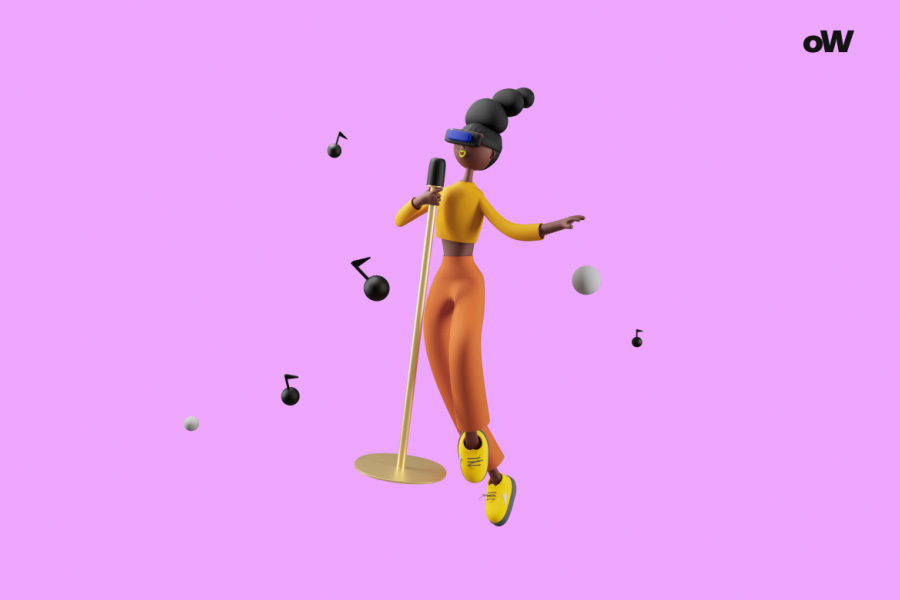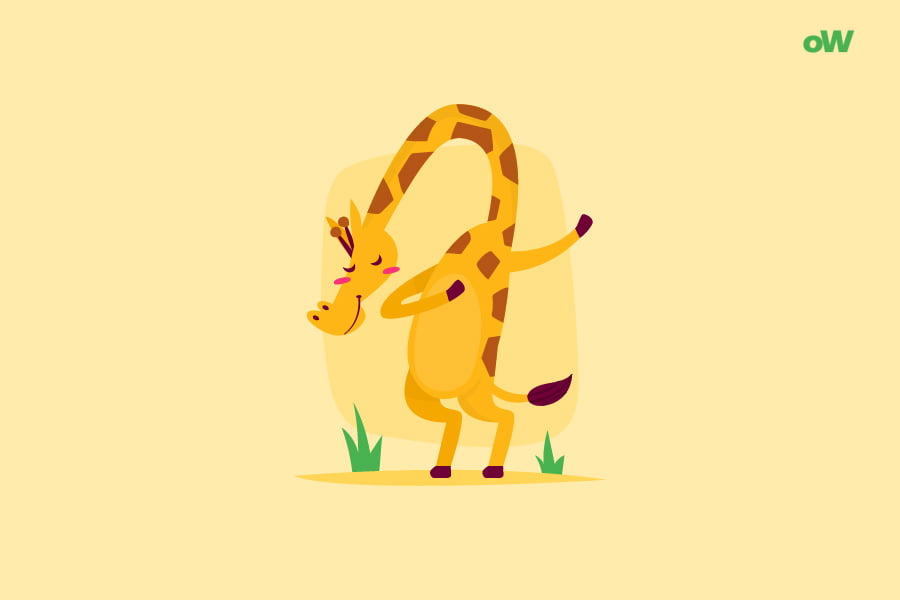Quiz: Which Philosopher Are You?
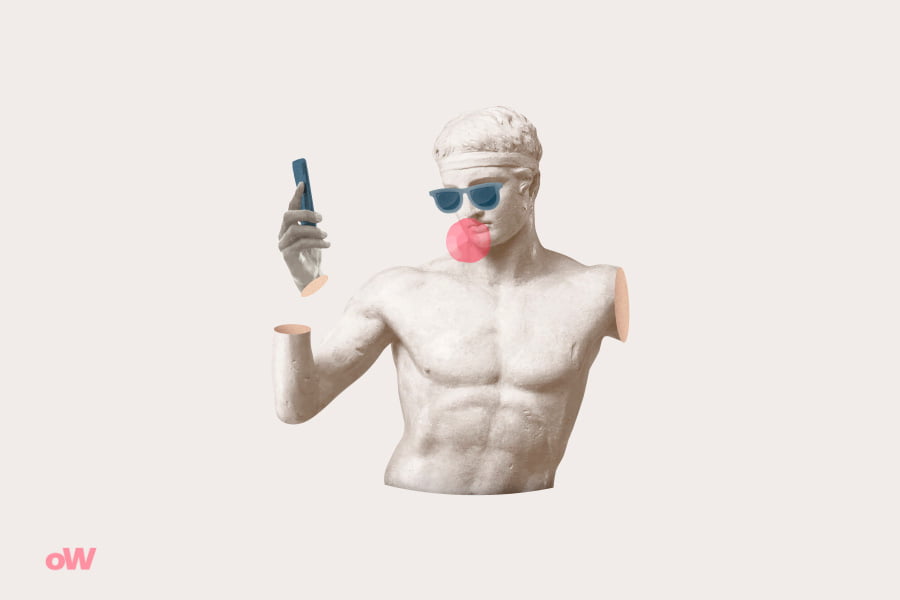
The idea that there’s a philosopher living inside each of us might seem pretentious. However, if we dig deeper, we’ll discover that we daily ponder the same questions that occupied humanity’s greatest minds. When we debate whether fate exists, contemplate the nature of time, or try to define what love is – we unwittingly join a centuries-old philosophical dialogue.
Philosophy: A Brief Look at Its Role in Shaping Humanity
The history of philosophy is a chronicle of humanity’s quest for understanding. It began long before Thales of Miletus declared that everything comes from water. Ancient shamans, gazing at the stars, were already asking questions about the nature of being. Indian sages, sitting in the shade of banyan trees, contemplated the essence of consciousness. Chinese thinkers sought the path to harmony through understanding opposites.
Socrates transformed philosophy into the art of dialogue, showing that truth is born through the free exchange of ideas. His method of maieutics – the art of extracting hidden knowledge through leading questions – is still used in pedagogy, psychotherapy, and even in artificial intelligence technologies.
Plato created the first comprehensive philosophical system, including epistemology, political philosophy, ethics, and metaphysics. His conception of the world of ideas as true reality influenced not only philosophy but also art, literature, and in the modern era – even theories of virtual reality and digital space.
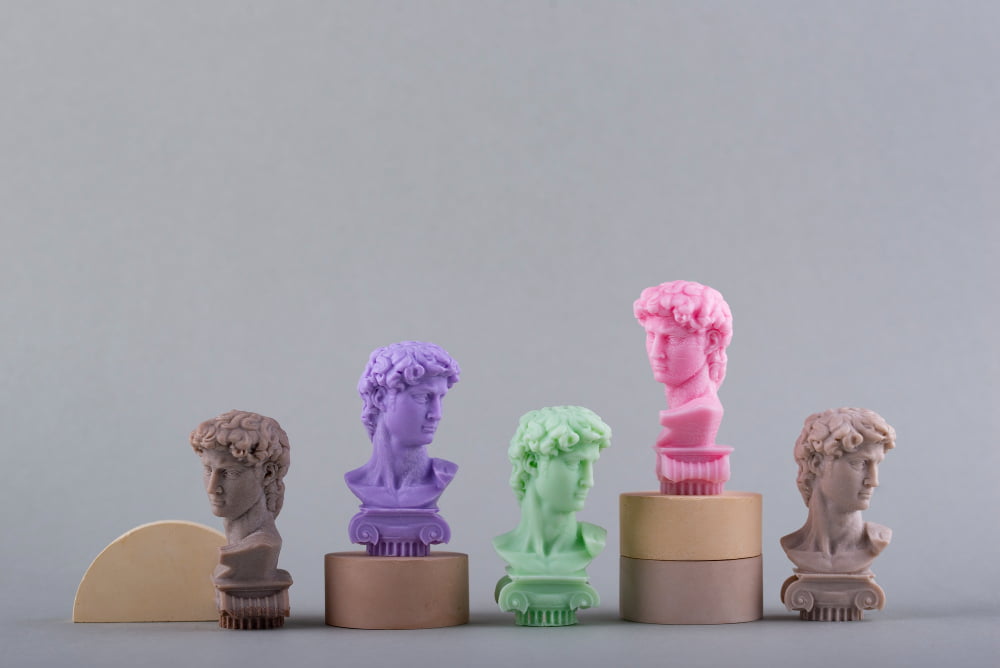
Why Do We See Ourselves in Philosophers?
Philosophical ideas resonate with our personal experiences in unexpected ways. Reading about how Descartes doubted everything except his own existence, we recall moments of deep uncertainty in our lives. Kant’s reasoning about the categorical imperative echoes our moral dilemmas. Nietzsche’s reflections on the will to power make us think about our own ambitions and motivations.
20th-century existentialists are particularly close to modern humans. Camus speaks about the absurdity of existence – and we recognize in this our thoughts about the meaninglessness of office routine. Sartre writes about nausea from an excess of freedom – and this resonates with our doubts when making important decisions.
Buddhist philosophy with its concept of emptiness and impermanence finds echo in those tired of modern society’s materialism. The Taoist idea of non-action (wu-wei) attracts those seeking an alternative to the endless pursuit of success.
How Can Philosophy Change Our Worldview?
Encountering philosophy is like getting a new operating system for thinking. After reading Bacon, we begin to notice how prejudices and “idols” distort our perception. Hume teaches us to be skeptical of causal relationships we considered obvious.
Husserl’s phenomenology opens new ways of perceiving everyday experience. We begin to notice how our consciousness constructs reality by imposing ready-made schemes and templates upon it. Wittgenstein shows how much our thinking is limited by language, and how these boundaries can be expanded.
Contemporary philosophers like Martha Nussbaum help us see the connection between emotions and rational thinking. Slavoj Žižek teaches us to notice ideological constructs in popular culture. Peter Singer makes us rethink our approach to ethical problems.
How This Philosopher Quiz Works
Our quiz is built on the principle of multilayered worldview analysis. The questions touch upon various aspects of human experience: from abstract metaphysical problems to concrete life situations.
For example, your reaction to the “Ship of Theseus” paradox might indicate closeness to either Platonic or Aristotelian tradition. Your answer to the question about free will might reveal similarities with either Spinoza’s determinism or Sartre’s libertarianism.
We consider not only the content of answers but also the style of thinking. A tendency toward systematic analysis might indicate closeness to analytical philosophy in Russell’s spirit. An intuitive, imaginative approach might suggest kinship with the continental tradition.
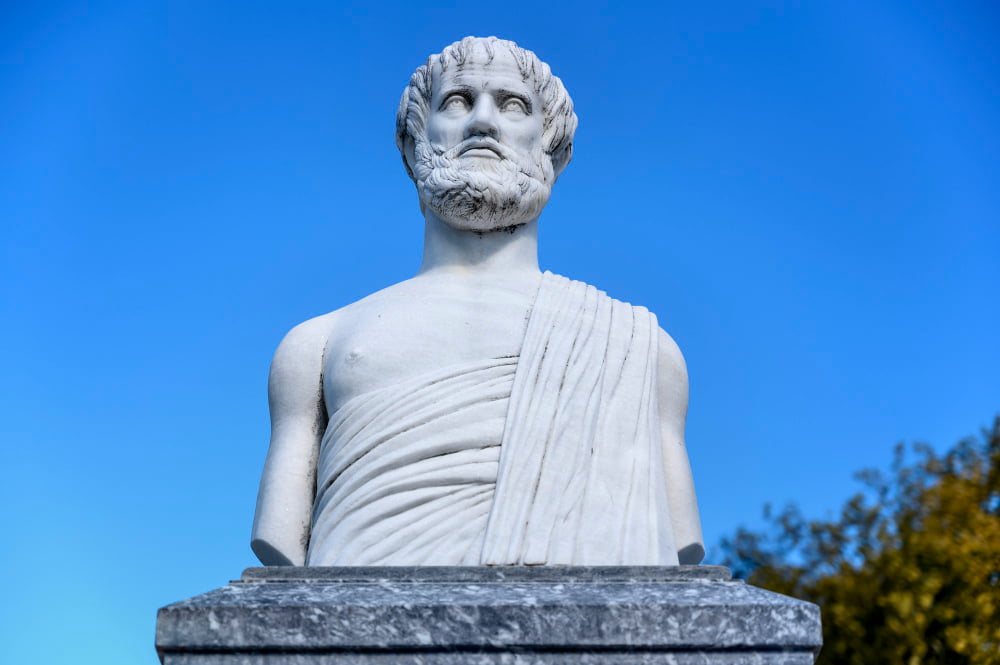
Philosophers Featured in the Quiz
Our quiz features philosophers from different epochs and traditions, each of whom brought a unique perspective on the nature of being and human cognition.
Ancient Philosophy
Just as every person radiates a certain vibe, ancient philosophers carried their own special charge of wisdom. Plato – creator of the theory of ideal forms, laid the foundation of Western philosophical tradition. His dialogues about justice, beauty, and truth continue to inspire thinkers. Aristotle, his student, developed a systematic approach to understanding the world, creating logic and methodology for scientific research.
Epicurus taught finding happiness in life’s simple pleasures while avoiding excess and fears. His philosophy of pleasure is often misunderstood as a call to hedonism, although he actually preached moderation. Diogenes of Sinope, living in a barrel, showed by example that true freedom is achieved through rejection of social conventions.
Medieval Thinkers
Augustine of Hippo explored the nature of time and memory, creating a surprisingly modern theory of consciousness. His reflections on free will influence philosophical discussions to this day. Thomas Aquinas combined Aristotelian logic with theological thinking, creating a comprehensive philosophical system.
Modern Era Philosophers
René Descartes, the founder of rationalism, taught us methodical doubt and the search for certain knowledge. His famous “Cogito, ergo sum” became a symbol of philosophical certainty. Spinoza offered a geometric view of the world where everything is connected by necessary causal relations.
German Classical Philosophy
Immanuel Kant revolutionized philosophy by showing the limits of human cognition and the nature of moral duty. Georg Hegel created a grand system of dialectical development of spirit that influenced all subsequent philosophical development.
Existentialists
Søren Kierkegaard explored the nature of faith and individual existence. Jean-Paul Sartre developed ideas about absolute freedom and human responsibility. Albert Camus pondered the absurdity of existence and the search for meaning in a meaningless world.
Eastern Philosophy
Confucius taught harmony in human relations through observance of rituals and moral norms. Lao Tzu, the founder of Taoism, spoke about naturalness and non-action as the path to wisdom. Buddha Shakyamuni offered a path to liberation from suffering through understanding the nature of mind.
Contemporary Philosophers
Ludwig Wittgenstein investigated the connection between language and reality, showing the limits of what can be expressed in words. Michel Foucault analyzed the relationships between power and knowledge in society.
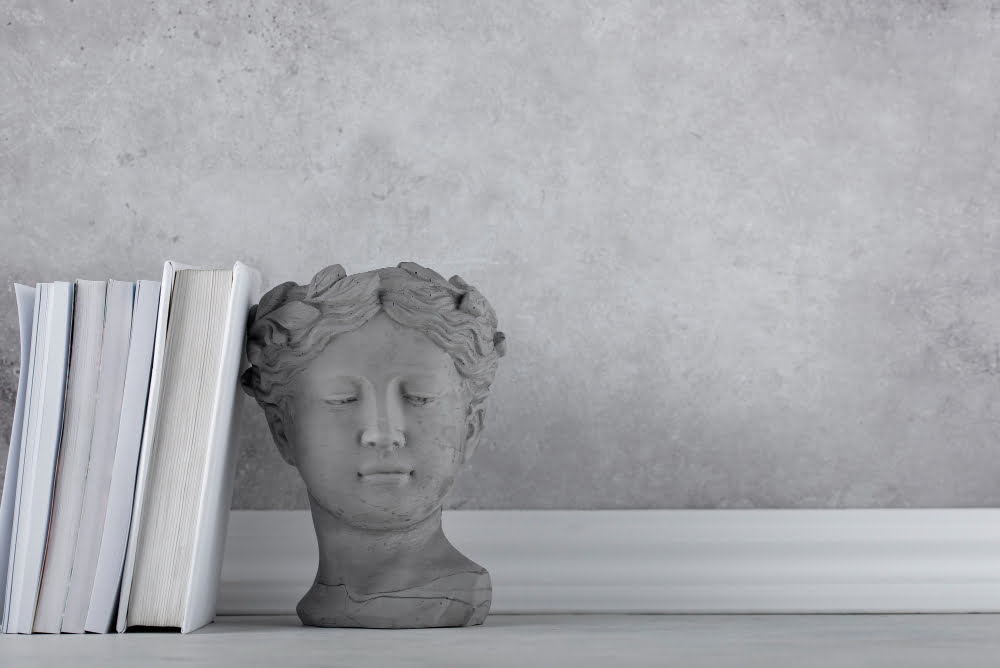
Conclusion
The quiz result is not just an indication of your philosophical double. It’s a key to understanding your own worldview, a starting point for further intellectual journey. You might discover that you combine James’s pragmatism with Kant’s ethical rigorism, or that your Humean skepticism is balanced by Plotinus’s mysticism.
Philosophy is not a frozen system of knowledge but a living, evolving process of cognition. Each generation rediscovers the great thinkers of the past, finding in their ideas answers to contemporary challenges. By taking this quiz, you’ll not only learn which philosopher is closest to your worldview but also open new horizons for self-knowledge and intellectual development.
Disclaimer
This quiz is designed for entertainment purposes only. The results are not scientifically validated and do not constitute professional advice or assessment. The quiz results are meant to be fun and should not be used as a basis for any life decisions or as a substitute for professional consultation. If you need personalized guidance, please consult with appropriate qualified professionals.
Questions Overview
- Question everyone's belief about purpose, including your own.
- Discuss the eternal recurrence and will to power.
- Emphasize the importance of rites and good moral conduct.
- Speak about freedom and existentialism.
- By asking a series of probing questions.
- By challenging the underlying moral and societal values.
- By seeking a middle ground and harmony.
- By exploring the existential ramifications.
- A walk in the Agora, chatting with fellow Athenians.
- A solitary mountain hike reflecting on life’s tragedies.
- Meditation and reflection on ancient proverbs.
- Writing feminist essays over a cup of coffee.
- A hemlock-filled chalice, just in case.
- A mustache and intense gaze.
- A compass pointing to ethical north.
- An iconic French beret.
- I know that I know nothing.
- God is dead, and we have killed him.
- Study the past if you would define the future.
- One is not born, but rather becomes, a woman.
- A desire to question everything.
- An urge to challenge and disrupt.
- A duty to impart wisdom and maintain order.
- The weight of patriarchal structures.
- Hold a public discourse.
- Write poetic aphorisms.
- Offer guidance to the youth.
- Advocate for gender equality.
- An owl, the symbol of wisdom.
- A lone eagle soaring above the mountains.
- A loyal and disciplined dog.
- A fierce, independent cat.
- Question the nature of suffering.
- See it as a part of life's eternal cycle.
- Reflect on ancient teachings for guidance.
- Ponder on the human condition and its freedoms.
- Ancient Athens.
- The Swiss Alps for some solitude.
- A tranquil temple in China.
- Paris in the 1940s.
- Unwavering curiosity.
- Raw and unfettered truth.
- Balance and harmony.
- Radical freedom.
- Underneath an olive tree.
- In a dimly lit, antique study.
- Beside a serene pond.
- At a bustling Parisian cafe.
- "The unexamined life is not worth living."
- "He who has a why to live can bear almost any how."
- "It does not matter how slowly you go as long as you do not stop."
- "One is not born a genius, one becomes a genius."
- A simple glass of water.
- Wine, deep and robust.
- Tea, brewed to perfection.
- French espresso, strong and dark.
- Debating philosophy under the stars.
- Writing passionately by candlelight.
- Sharing wisdom with the next generation.
- Attending a play or reading feminist literature.
